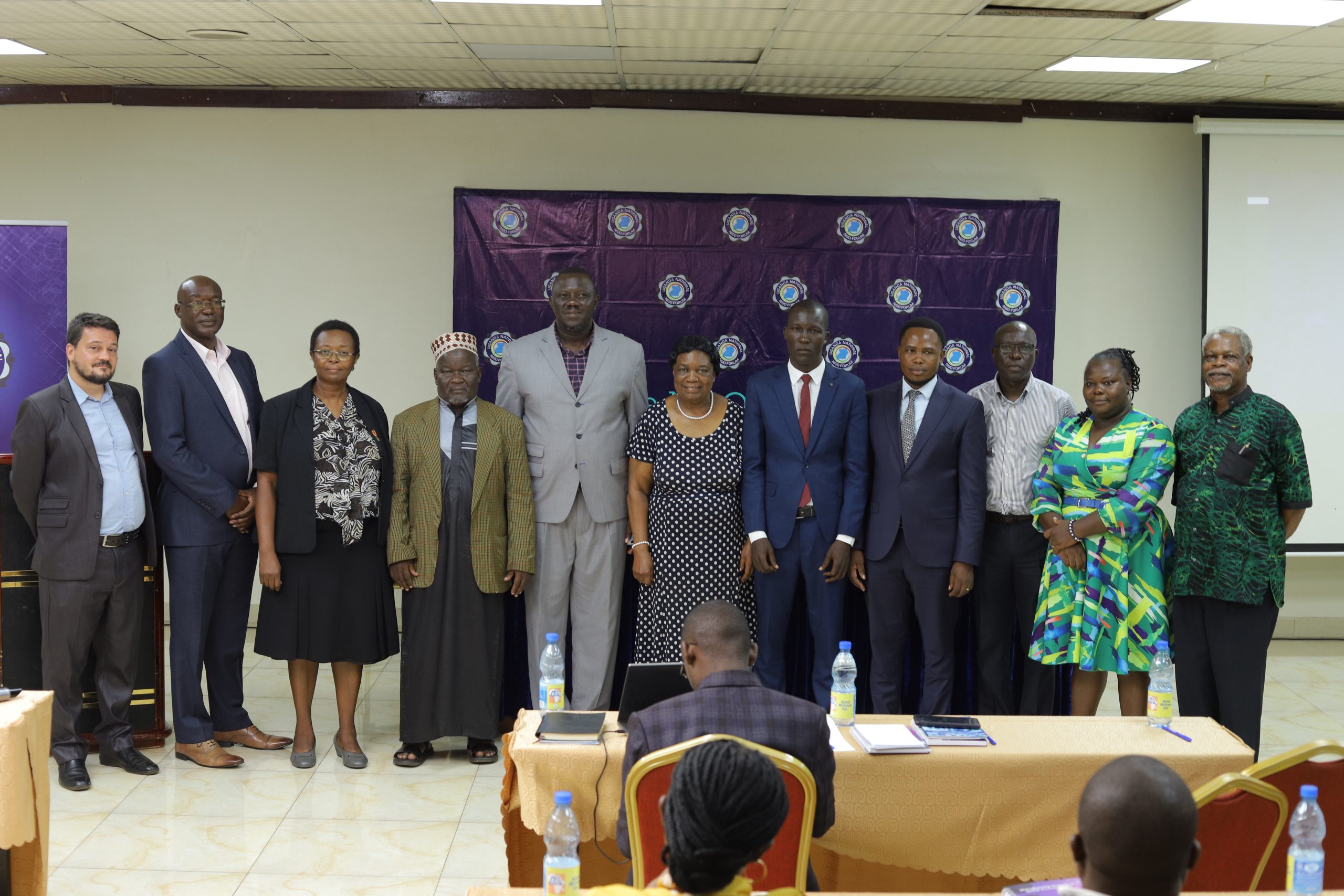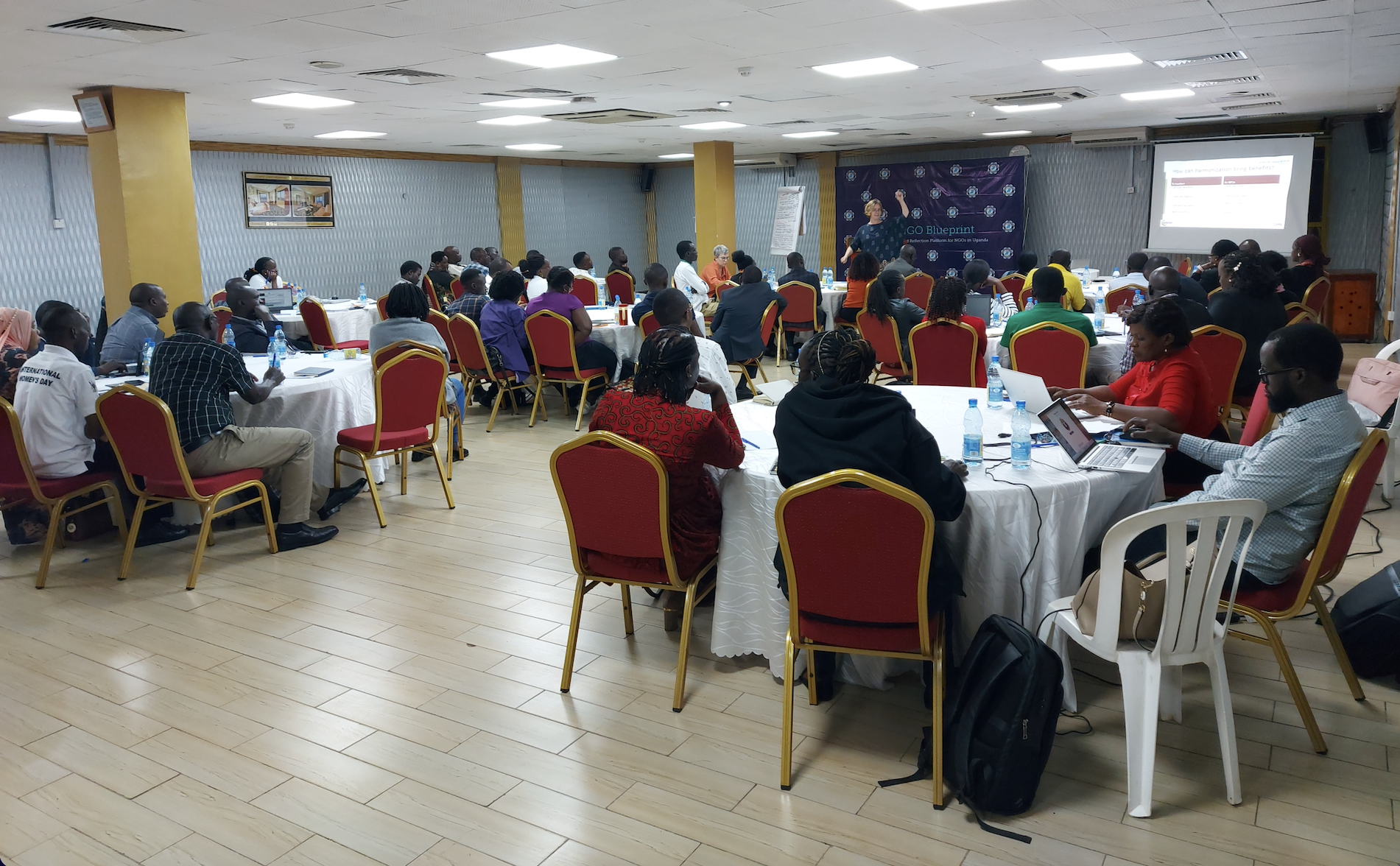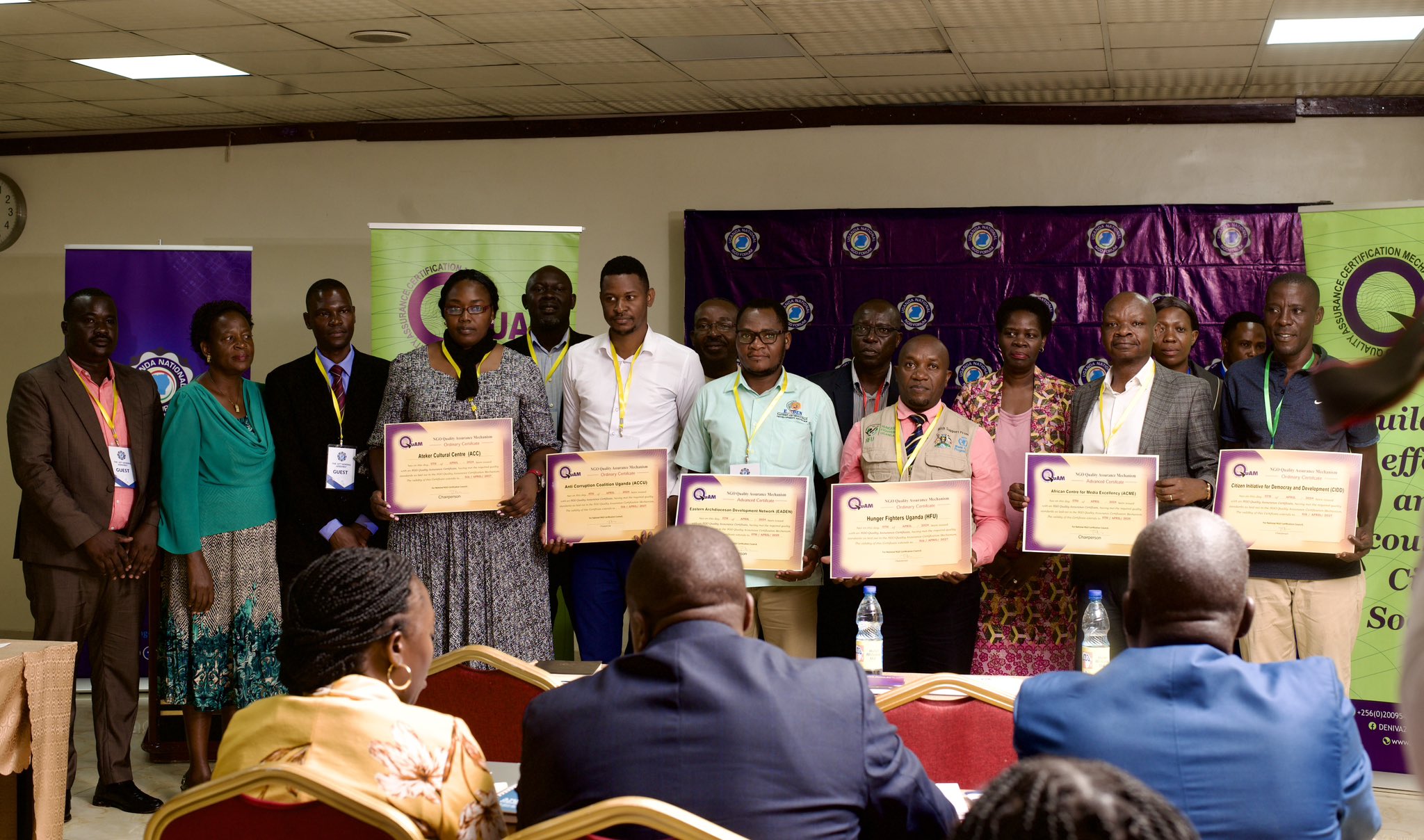6th GPEDC SC Meeting sets future priorities after the first High-Level Meeting and before the conclusion of the post-2015 process
NEW YORK CITY, 9 July 2014—Civil society, trade unions, parliamentarians, government representatives and other development actors convened for the first gathering of the Global Partnership’s leading body since the Mexico High-Level Meeting last April 15-16. The Global Partnership for Effective Development Cooperation(GPEDC) Steering Committee met to sharpen the partnership’s vision and define the “how” of the post-2015 development agenda.
“Human rights-based approaches (HRBA), gender equality, and enabling environment for CSOs are fundamental values the GPEDC should stand for,” said CSO Partnership for Development Effectiveness (CPDE)Co-Chair and Uganda National NGO Forum (UNNGOF) Director Richard Ssewakiryanga.
The expanded Steering Committee which now includes Trade Union representatives, were provided an opportunity to voice out proposals on how the GPEDC should proceed in light of results from the Global Monitoring Report and the Mexico HLM.
“Even before the HLM, CSOs have been calling for an Action Plan that will contain benchmarks and timetables to gauge global and country-level implementation by all stakeholders,” added CPDE Co-Chair and Asia Pacific Research Network (APRN) Chairperson Ma. Theresa Nera-Lauron.
The 24-member Steering Committee also welcomed Malawi Minister of Finance, Economic Planning & Development (FPED) Goodall Edward Gondew as the third and newly appointed Co-Chair of the GPEDC.
‘We need balance’
While the one-day meeting primarily aims to solicit advice from representatives of development stakeholders in shaping the Global Partnership’s direction, it also discussed bottlenecks in the implementation of Busan commitments.
“We need balance. The GPEDC put much emphasis on the private sector but not enough on shrinking spaces for civil society,” quipped Ssewakiryanga as he presented one of the key issues identified by civil society.
Civil society called for strengthened regulatory and policy frameworks to foster inclusive participation in policy dialogues and development programs which also applies to the adoption of independent human rights complaints mechanisms and the much-needed enhancement of the protection of CSOs and human rights defenders, in particular working on gender issues.
CSO representatives further encouraged stakeholders to help establish adequate frameworks at country level to ensure respect for internationally agreed standards and democratic ownership for business operations. In addition, CPDE urged private sector representatives to guarantee full public access to project documentation and involvement of affected communities and civil society especially in Private-Public Partnerships in which risks are unevenly shared.
Inclusive Partnerships Post-2015?
The need to promote the relevance of Busan in the post-2015 process has come to the fore of the GPEDC, as the steering committee reflected on the value added contribution the Global Partnership can bring to the expanding debate on post-2015.
“What do we bring at the table on the post-2015 debate? Our multi-stakeholder approach,” pointed out Trade Union representative Jan Dereymaeker.
“GPEDC has demonstrated that multi-stakeholder partnerships are possible. While other actors like the UN are still working on mechanisms of how to include civil society to their work, here we have a best practice the world should emulate,” Ssewakiryanga concurred.
Civil society earlier noted in a statement that in order for GPEDC to find its place in the post-2015 arena, it has to play a crucial role in advancing ‘inclusive participatory and equitable global multi-stakeholder participation.’ The statement also mentioned that the Global Partnership must harness its potential to forge political commitment for adequate and appropriate financing for development.
“A post-2015 implementation strategy needs to entail a rights-based understanding of development cooperation—of people as rights-holders and governments as duty-bearers,” explained Lauron as she delivered CSO inputs on how the Global Partnership can further contribute to the ongoing post-2015 processes.
“The joint meeting with the DCF is a first step to move towards greater policy coherence, which we have been advocating,” she added referring to the side event hosted by the Global Partnership with the UN Development Cooperation Forum (UNDCF) advisory group.
The Steering Committee is set to meet again early next year in the Netherlands.#
New York, 10th July 2014
Mark Moreno Pascual
Communications Officer
Mark Moreno Pascual
Communications Officer

S: mmpascual28
F:www.fb.com/CSOPartnerships
T:www.twitter.com/



